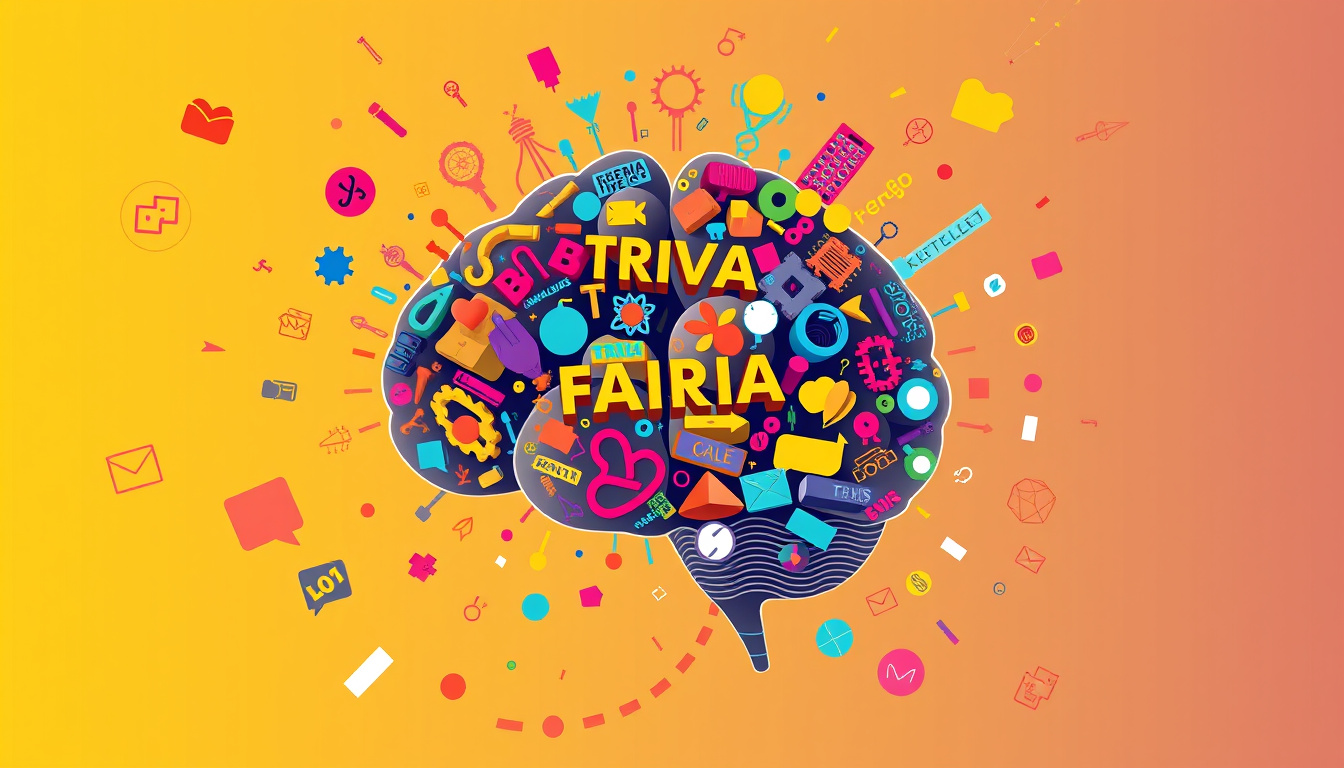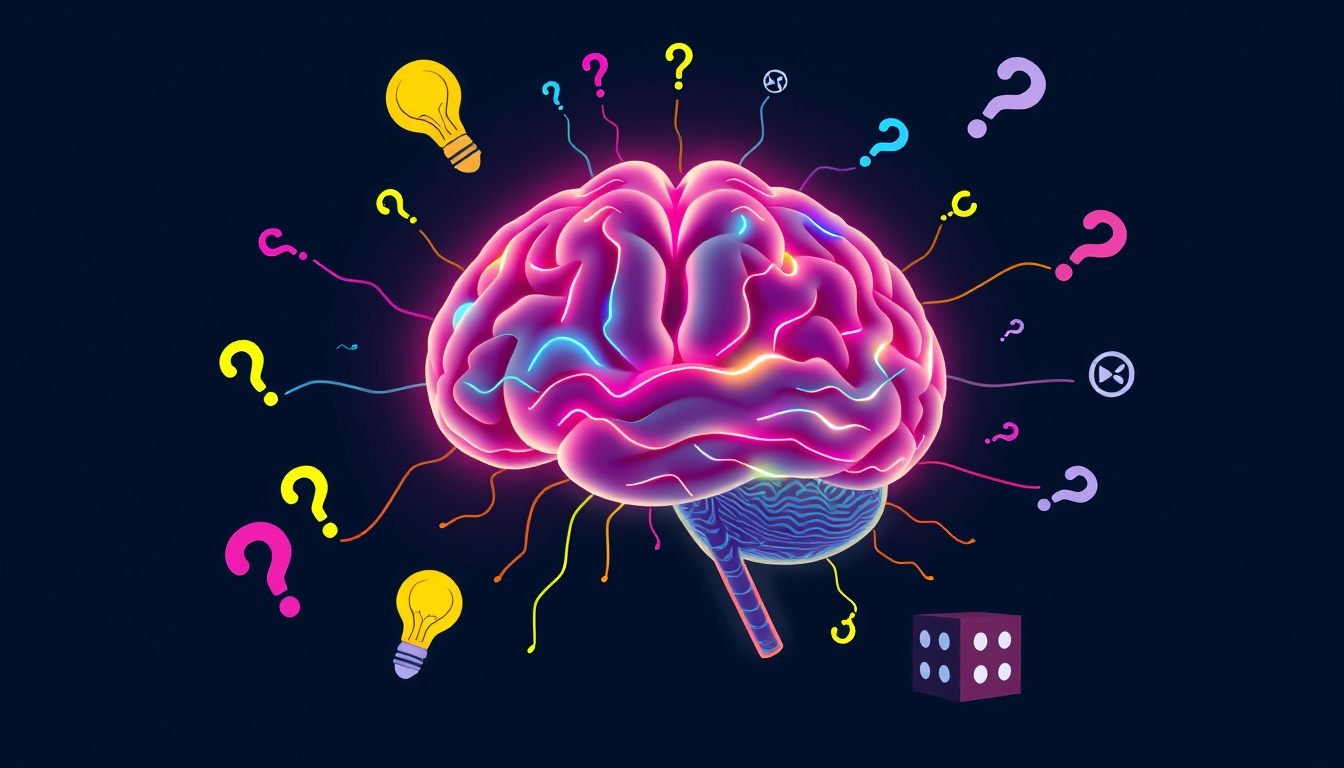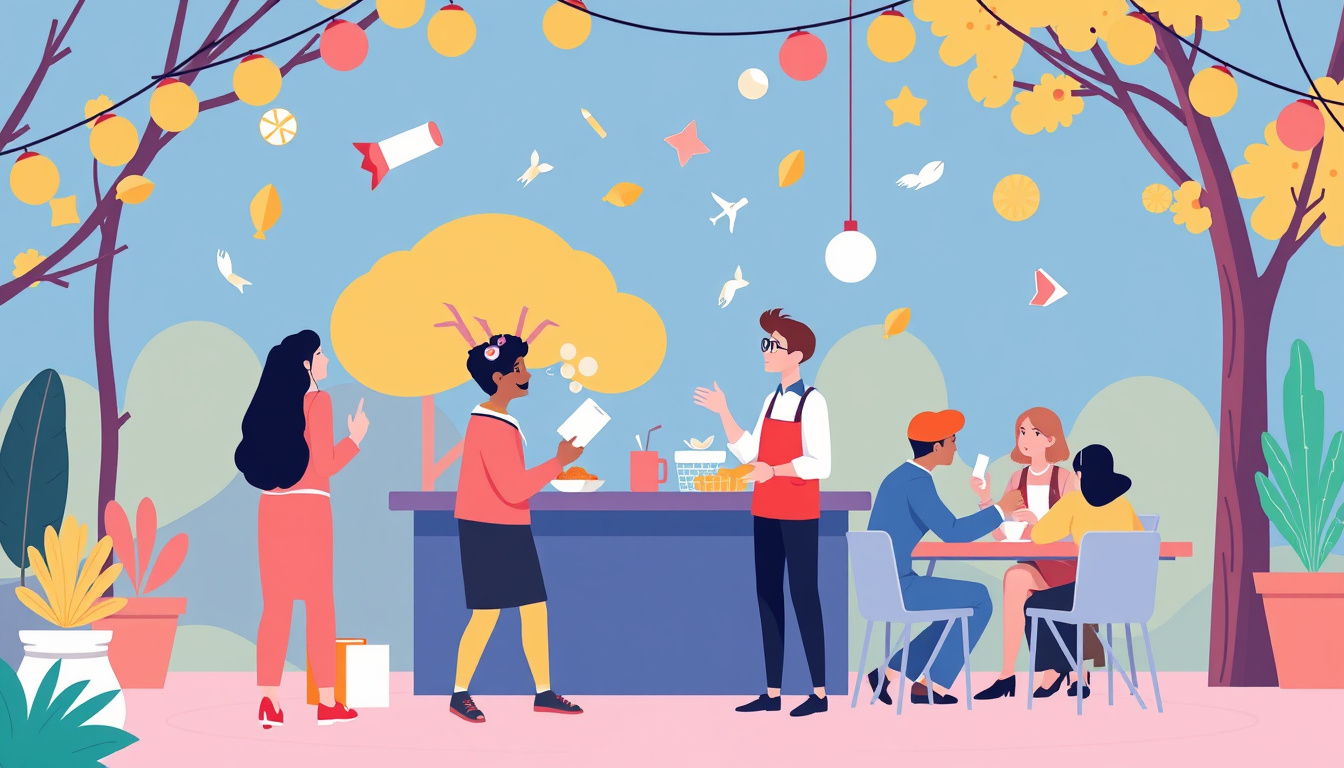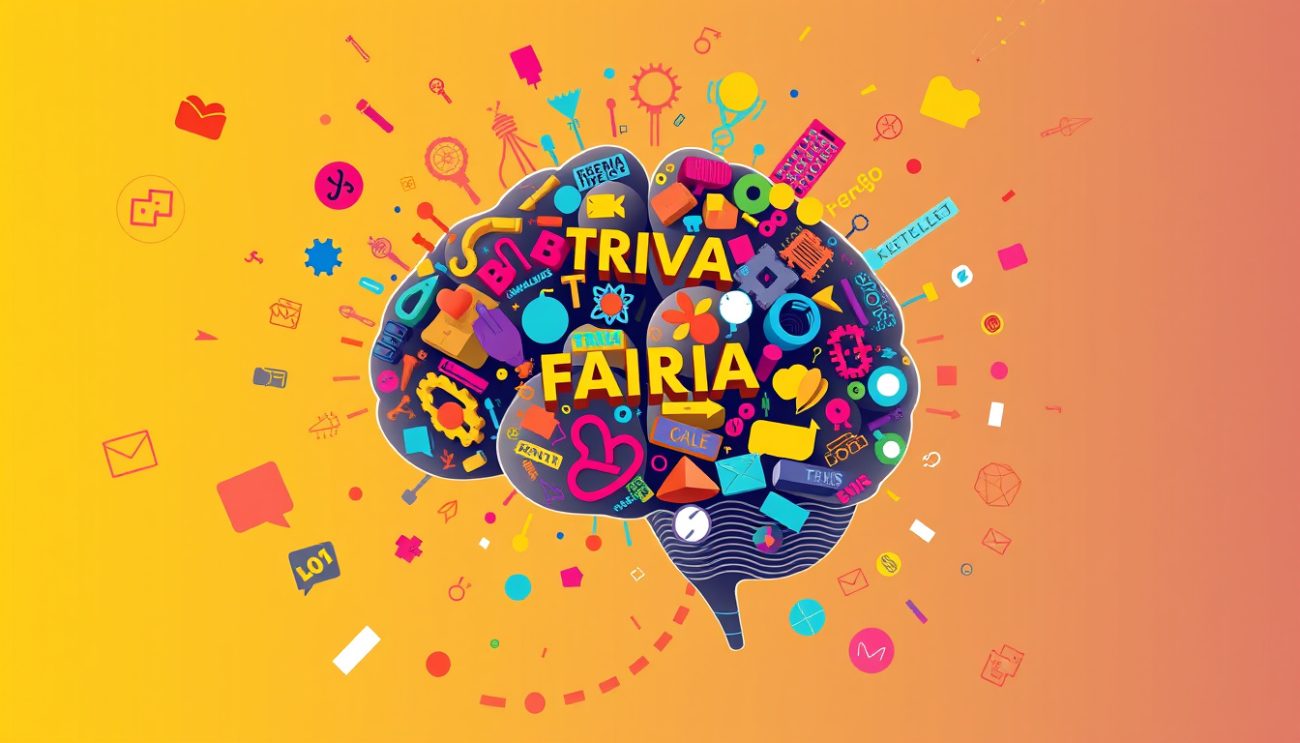In a world where information is abundant and attention spans are short, many people dismiss trivia as mere ‘useless’ knowledge. However, this perspective overlooks a fascinating phenomenon: The ‘Useless’ Knowledge Paradox. In this article, we will explore how acquiring trivia can enhance cognitive abilities, stimulate brain activity, and even benefit social interactions. Join us as we delve into the captivating ways trivia makes you smarter, and discover why embracing these seemingly irrelevant facts can have profound implications for your intellect and social life.

Key Takeaways
- Trivia, often dismissed as useless, actually enhances cognitive function and memory.
- Collecting seemingly irrelevant information helps improve problem-solving skills and creativity.
- Engaging with trivia stimulates various regions of the brain, boosting overall mental agility.
- Trivia fosters social connections and can enhance communication skills among peers.
- Real-world applications of trivia demonstrate its value in critical thinking and situational awareness.
Understanding the Nature of Trivia
The ‘Useless’ Knowledge Paradox: Why Trivia Makes You Smarter delves into a fascinating contradiction: while trivia may initially appear to be just random bits of information, it actually serves a greater purpose in intellectual development. Engaging with trivia challenges the brain, enhancing cognitive functions such as memory, focus, and critical thinking. Each seemingly insignificant fact can act as a mental workout, promoting neural connections and encouraging creativity. Moreover, trivia encourages curiosity—a key trait of intelligent individuals. In social settings, sharing trivia can spark conversations and cultivate connections, making learning a collaborative experience. Thus, far from being ‘useless,’ trivia enriches our minds, demonstrating how diverse knowledge contributes to overall intelligence.
The Cognitive Benefits of Collecting Useless Information
In the constantly evolving landscape of knowledge and learning, many people often underestimate the value of what might seem like trivial information. This brings us to the ‘Useless’ Knowledge Paradox: Why Trivia Makes You Smarter. Collecting seemingly useless information, such as fun facts, historical tidbits, or bizarre statistics, can actually serve as a powerful exercise for the brain. Engaging with trivia not only enhances our cognitive flexibility but also boosts memory retention and critical thinking skills. When we challenge ourselves to remember and recall random pieces of information, we stimulate neural pathways that improve cognitive function. Additionally, trivia games and quizzes often require quick thinking and lateral connections, further fostering mental agility. Thus, indulging in the world of trivia is not just an entertaining pastime; it enriches our intellectual capabilities and keeps our minds sharp.
‘All knowledge is useful knowledge.’ – Thomas Jefferson

How Trivia Engages Different Areas of the Brain
Trivia has long been dismissed as mere entertainment, often categorized under the ‘useless’ knowledge paradox. However, the challenge posed by trivia questions engages different areas of the brain, stimulating cognitive functions in remarkable ways. When we encounter a trivia question, the brain’s prefrontal cortex kicks into high gear, facilitating decision-making and problem-solving as we sift through stored information. Concurrently, the hippocampus is activated, which plays a crucial role in learning and memory consolidation; here’s where that ‘useless’ knowledge transforms into functional intellect. In essence, participating in trivia not only broadens one’s knowledge base but also enhances critical thinking skills, memory retention, and even social interaction, demonstrating that these seemingly trivial facts can fortify our mental faculties in meaningful ways.
The Social Aspect of Trivia Knowledge
In today’s fast-paced world, the ‘Useless’ Knowledge Paradox: Why Trivia Makes You Smarter presents an intriguing discussion. While many dismiss trivia as mere entertainment or irrelevant information, research suggests that engaging in trivia can significantly enhance cognitive skills. Trivia games encourage critical thinking, problem-solving, and memory retention, sharpening your mental faculties in ways that traditional learning may not. Moreover, the social aspect of trivia knowledge fosters community and camaraderie, as friends and family gather to test their wits in a fun, relaxed setting. This social interaction not only boosts your confidence but also improves communication skills, as explaining your thought process or debating answers with peers can lead to deeper understanding. Therefore, embracing trivia not only enriches your cultural literacy but also cultivates a smarter, more engaged you.

Applying Trivia to Real-World Situations
The ‘Useless’ Knowledge Paradox: Why Trivia Makes You Smarter suggests that what many perceive as trivial information can actually play a significant role in enhancing cognitive abilities. Engaging with trivia not only enriches our store of knowledge but also sharpens critical thinking skills. When we encounter seemingly inconsequential facts, we exercise our analytical minds by connecting disparate ideas, enhancing our ability to think creatively. For instance, knowing random historical events can improve our ability to engage in discussions, offering us a wealth of references to draw on, thereby making us more articulate and persuasive communicators. Moreover, this pursuit of what some may dismiss as ‘useless knowledge’ fosters a curiosity that encourages lifelong learning and adaptability—all essential traits in a fast-evolving world. By integrating trivia into daily life, whether through games, quizzes, or casual conversations, we cultivate a sharper intellect and a more open mind, demonstrating that knowledge, no matter how trivial it seems, is undeniably valuable.
Frequently Asked Questions
What is the ‘Useless’ Knowledge Paradox?
The ‘Useless’ Knowledge Paradox refers to the idea that collecting seemingly trivial or useless information can have cognitive benefits, enhancing critical thinking and problem-solving skills.
How does trivia contribute to cognitive development?
Engaging with trivia can improve memory retention, increase creativity, and promote critical thinking skills, which are valuable for both personal and professional growth.
Can trivia knowledge really be applied in real-world situations?
Yes! Trivia knowledge can enhance conversation skills, boost confidence during social interactions, and even provide unexpected insights when solving problems or making decisions.
How does trivia engage different areas of the brain?
Trivia stimulates various brain regions, including those responsible for memory, language processing, and social cognition, leading to a more interconnected brain network.
What are some social benefits of knowing trivia?
Trivia knowledge can serve as an icebreaker in conversations, foster connections with others through shared interests, and improve social skills by increasing engagement in discussions.
